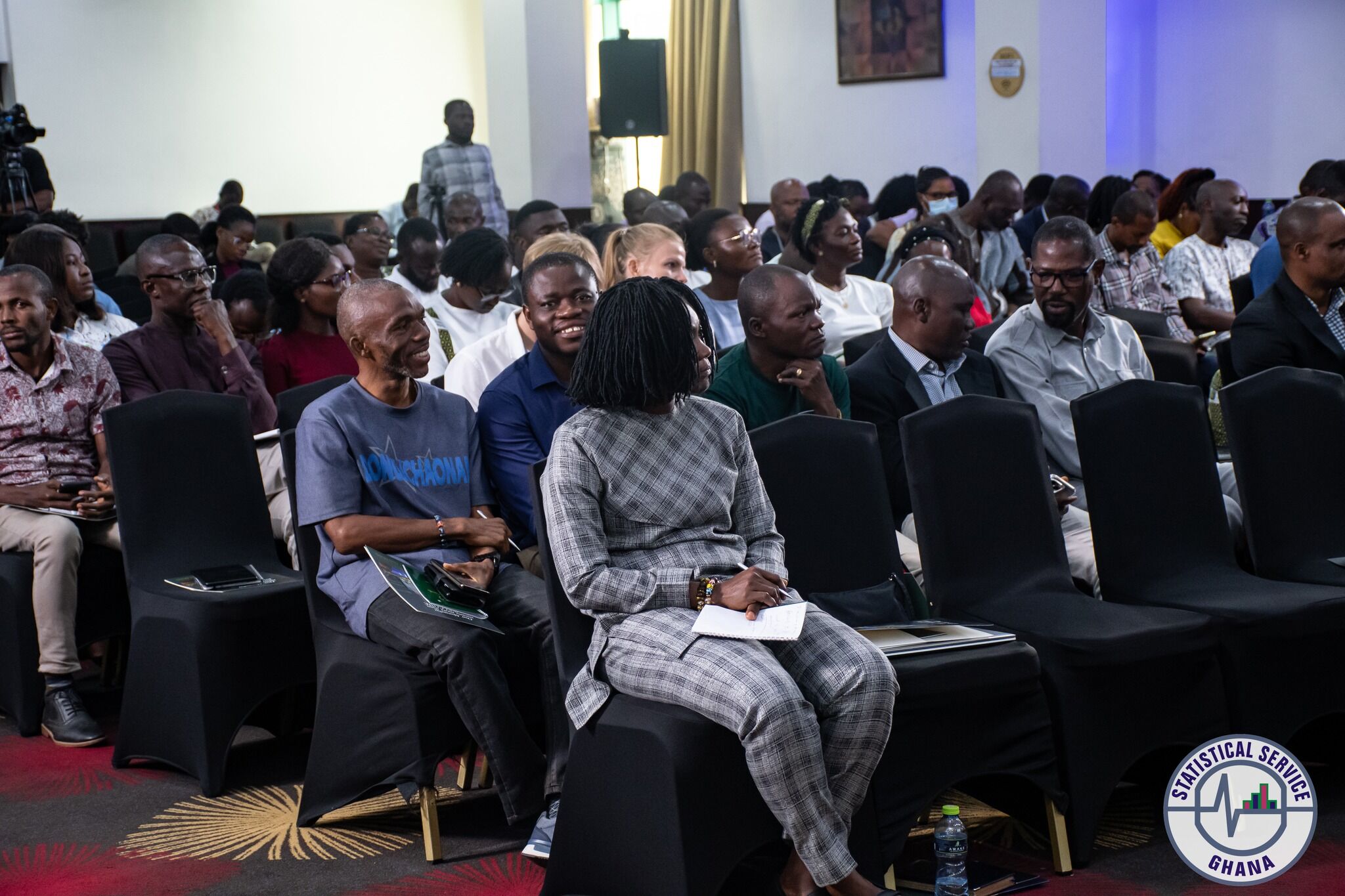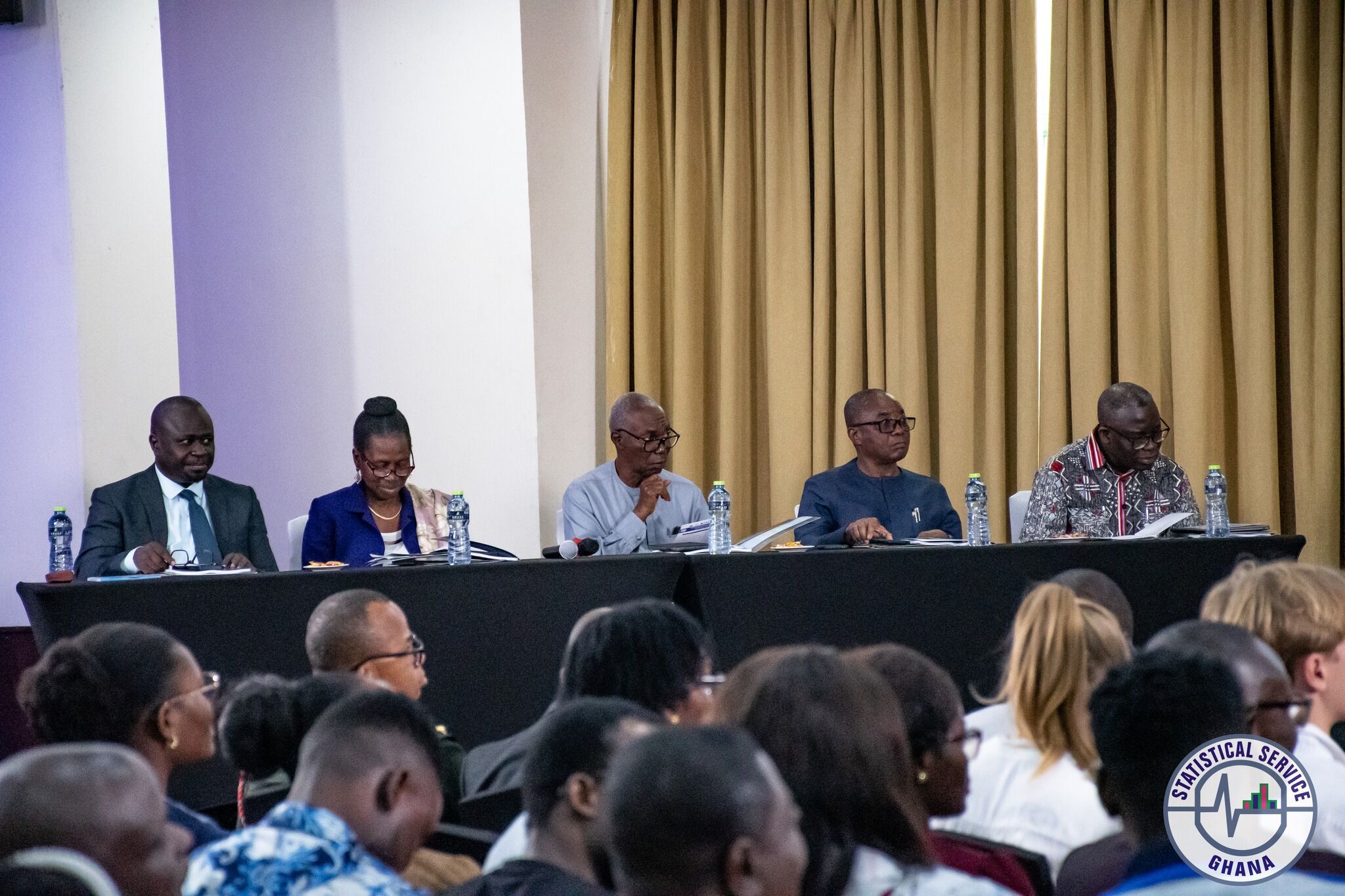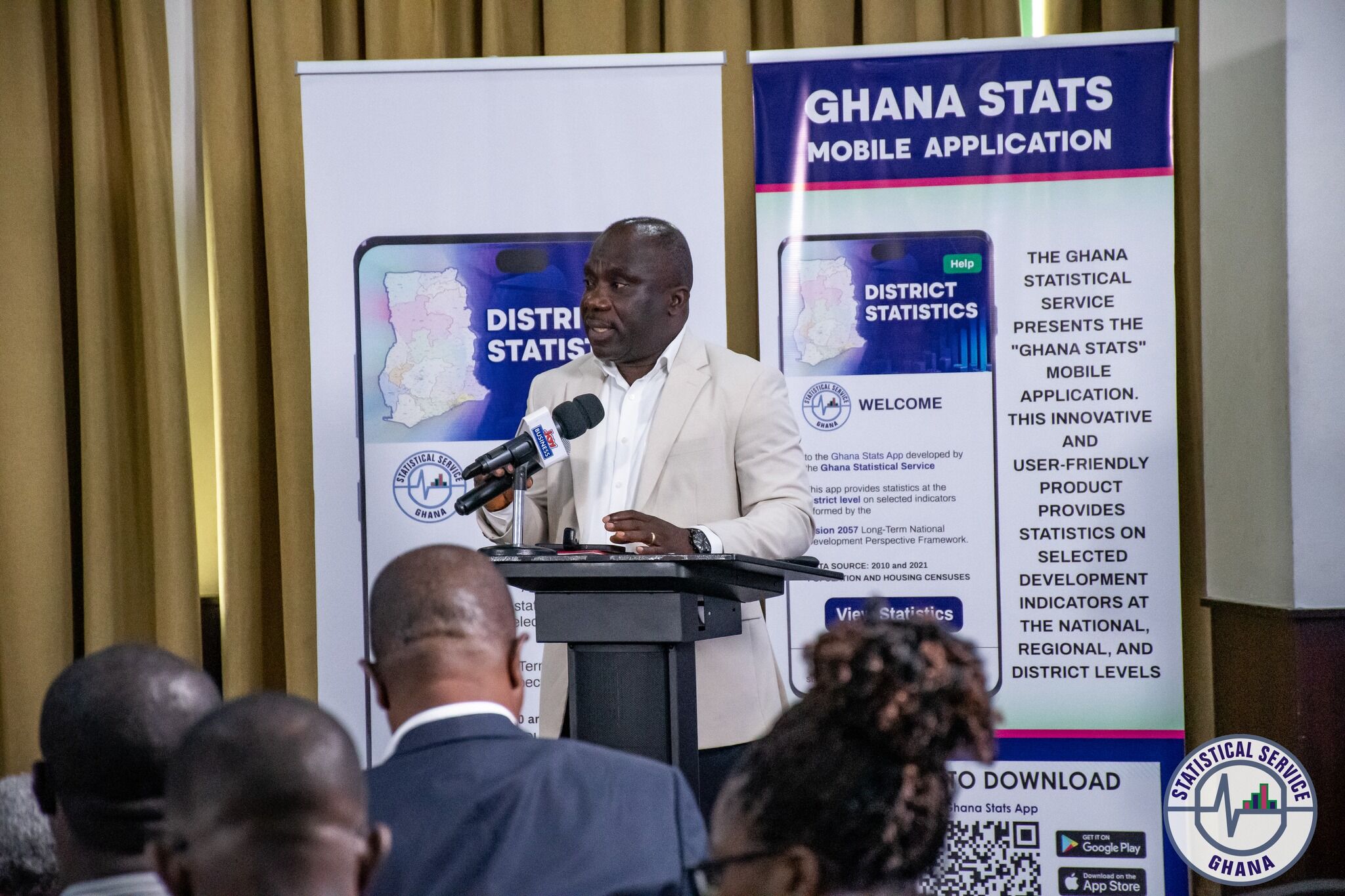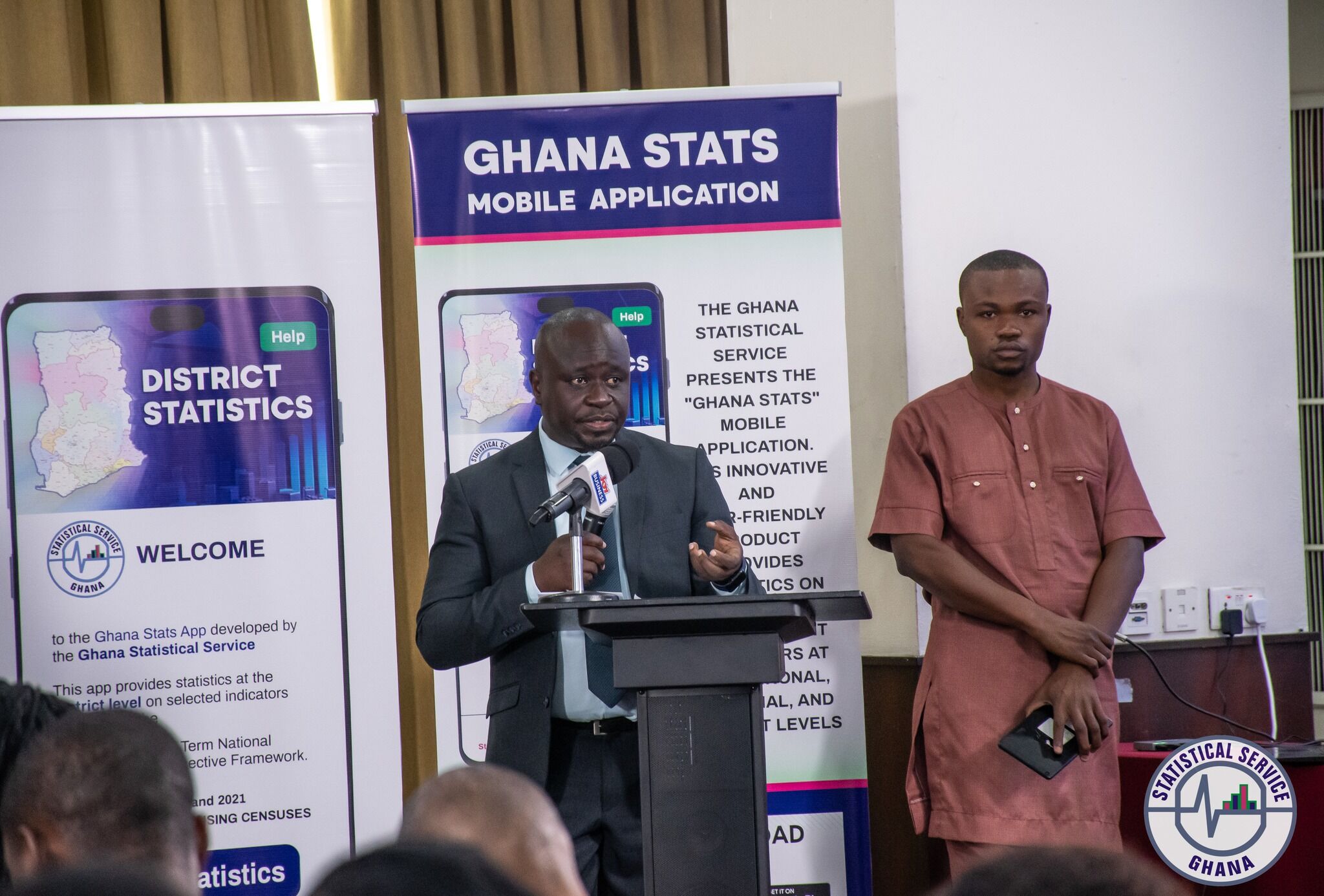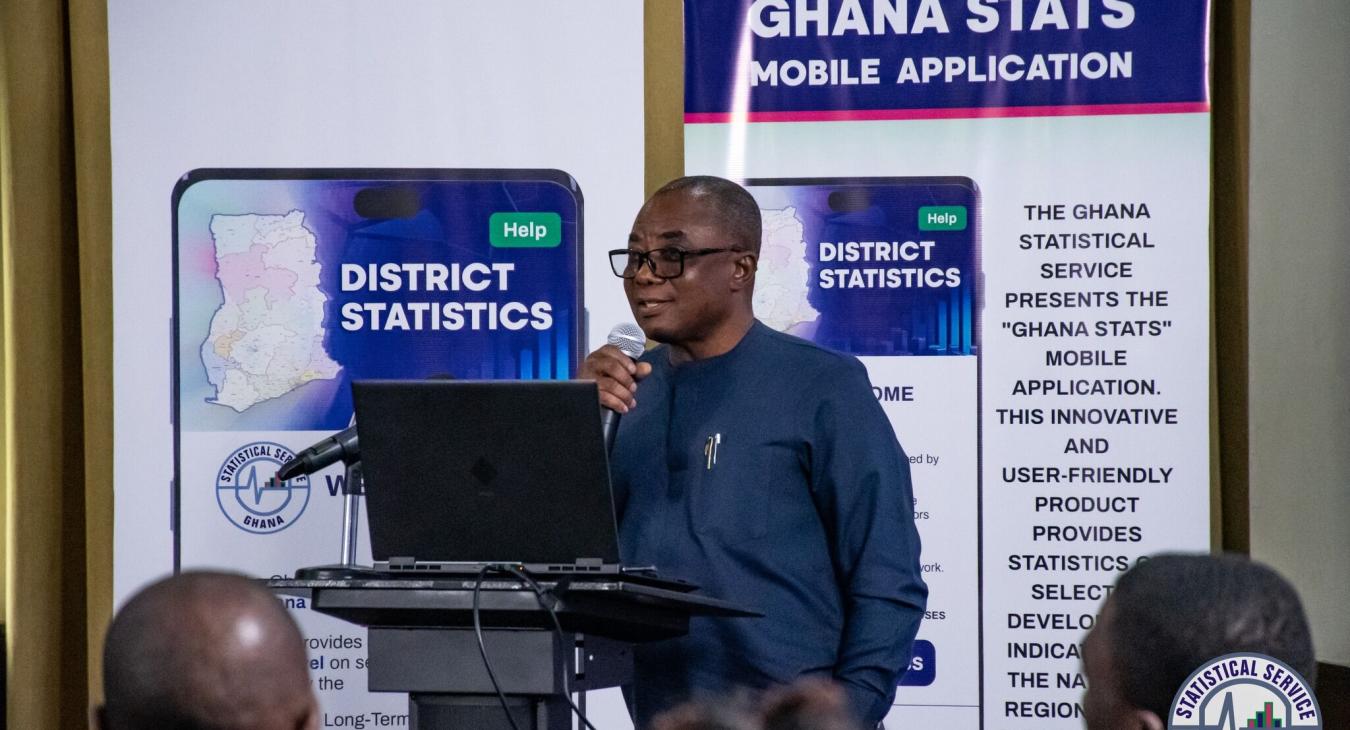Prof. Ayaga A. Bawah, Director of the Regional Institute for Population Studies (RIPS) at the University of Ghana, recently shared insights into three major demographic trends likely to influence Ghana’s development trajectory over the coming decades.
In his presentation, "Key Messages from the 2024 Revision of the World Population Prospects – Policy Implications from the 2021 Population and Housing Census (PHC) Thematic Report on Population Projections (2021-2050)," Prof. Bawah highlighted the implications of these trends on national policy, as he addressed attendees at a key dissemination event for Ghana’s population projections. The event was organized by the Ghana Statistical Service (GSS) in partnership with RIPS and took place at the Alisa Hotel in Accra. Discussions centered on the country’s future demographic landscape and the impacts of population dynamics on national progress.
Prof. Bawah identified the growing youth population as a critical factor, projecting that by 2050, one-third of Ghana’s population will be adolescents. He emphasized that effectively investing in youth through education, skills, and employment could yield a “demographic dividend” that boosts economic growth. However, he warned that failure to support this demographic could pose substantial social risks.
Alongside youth trends, Prof. Bawah discussed the challenges posed by an aging population, forecasting a threefold increase in citizens over age 60 by 2050. He urged policymakers to prioritize reforms in pension, retirement, and healthcare systems to ensure dignified support for Ghana’s elderly. Additionally, he addressed rapid urbanization, predicting that 15 of Ghana’s 16 regions will surpass one million residents by mid-century, necessitating robust urban planning to prevent overextended cities and ensure sustainable living environments.
The event was chaired by Emeritus Prof. Kofi Awusabo-Asare, who emphasized the importance of using population data to guide Ghana’s national development strategies. Dr. Grace Bediako, GSS Board Chair, reinforced this view, stressing the value of data-driven decision-making to achieve equitable growth across Ghana's districts.
Senior Policy Advisor Prof. Kwaku Appiah-Adu, speaking on behalf of the government, reiterated its commitment to leveraging population data to accelerate national progress. Deputy Government Statistician Dr. Faustina Frempong-Ainguah highlighted projections for substantial population growth, with Ghana’s population expected to increase by 20 million by 2050, reaching over 53 million people.
A significant highlight of the event was the launch of the Ghana Stats Mobile App by Government Statistician Prof. Samuel K. Annim. This app provides accessible, district-level data from the 2010 and 2021 PHCs, empowering citizens and policymakers alike to make informed decisions at the community level.

